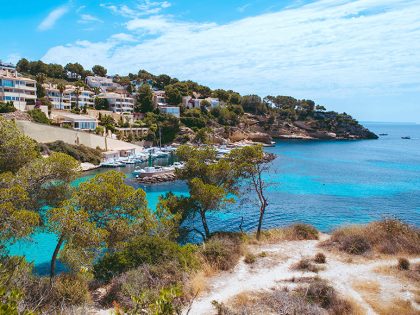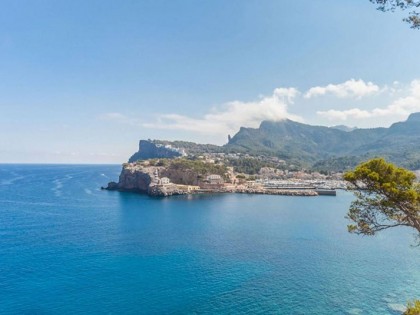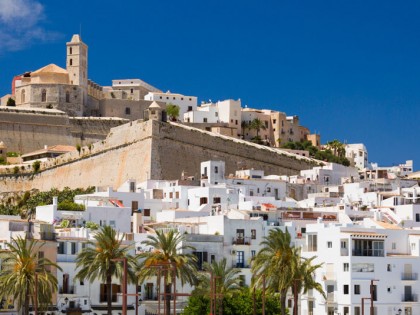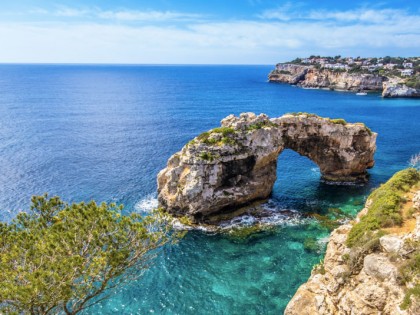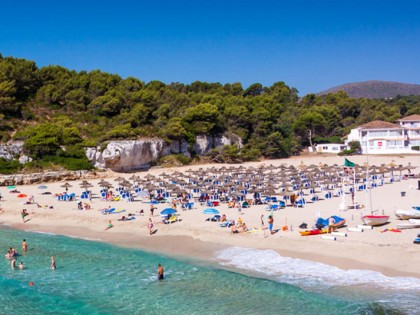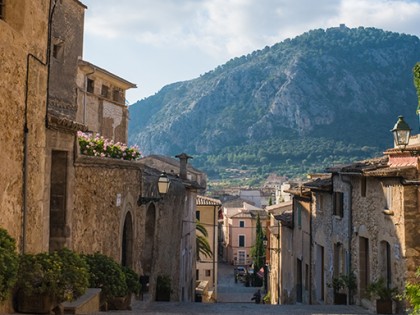It is very important, especially for foreigners who have assets in the Balearic Islands or their future beneficiaries, to be informed on the Spanish process of succession and inheritance. In Spain, unlike in other countries, the Inheritance Tax is payable by each of the heirs and not by the estate.
The rules and tax rates pertaining to inheritance in Spain vary according to the relationship between the donor and beneficiary, although generally unmarried couples and step-children pay more tax than spouses and direct descendants.
In 2014, the Court of the Justice of the European Union changed the rules of the Inheritance Tax in Spain, so even if the heirs are not tax residents in Spain, but they are in a member country of the European Union, they may benefit from very substantial reductions and tax benefits, as if they were tax residents in Spain.
Some other changes introduced in 2015 mean that EU citizens living in Spain, as well as a number of non-EU countries, can now choose whether the law of their home country or their country of residence applies at the time of processing the succession and inheritance of their own estate.
Expats living in Spain that want the inheritance laws of their home country to apply rather than Spanish inheritance law need to express this clearly in an international or Spanish will. These laws will then apply as long as they don’t contravene local public policy. It is important to mention, however, that EU rules do not overrule national laws on the following matters linked to inheritance: inheritance taxes; civil status; property of the marriage/partnership; matters concerning companies.
If a Spanish citizen or resident dies without leaving a will, the Spanish succession law says that the estate will be inherited by the following (taking into account the Law of Obligatory Heirs):
- children of the deceased;
- if there are no children, the parents;
- if no children or parents, the surviving spouse;
- if there are none of these, then the next closest blood relatives (up to a fourth-grade limit in the family tree).
If there are no legal beneficiaries from any of these groups, the Spanish state inherits the estate.
When accepting an inheritance, and the inheritance law of another country is involved, it is recommended to do it by notarial deed because it might facilitate the transfer of the inherited property.
For the declaration of inheritance acceptance the following documentation is needed:
- Death certificate issued by the Civil Registry of the municipality where the death occurred, or if the deceased dies abroad, by the corresponding Civil Registry of that country. If the deceased is foreign, the corresponding Consulate should also be notified.
- Certificate of inheritance that confirms if the deceased has registered his will or not in the “Registro General de Actos de Última Voluntad” in Madrid and the actual will. When a death occurs, it is possible to request information on whether a will exists and who is the notary who can issue a copy by presenting the death certificate. The absence of a registered testament is also certified.
- Notarial Declaration of Heirs Certificate that determines who the heirs are and is necessary, especially, when a will has not been made.
When an inheritance is accepted, the period for payment of the Inheritance Tax is six months. An extension can be requested, but interest will be applicable.
Both the acceptance of inheritance and the liquidation of the inheritance tax in a timely manner are simplified if the deceased had his documentation in order and easily accessible to the beneficiaries, thus avoiding prolonged inquiries regarding the inherited assets.




















